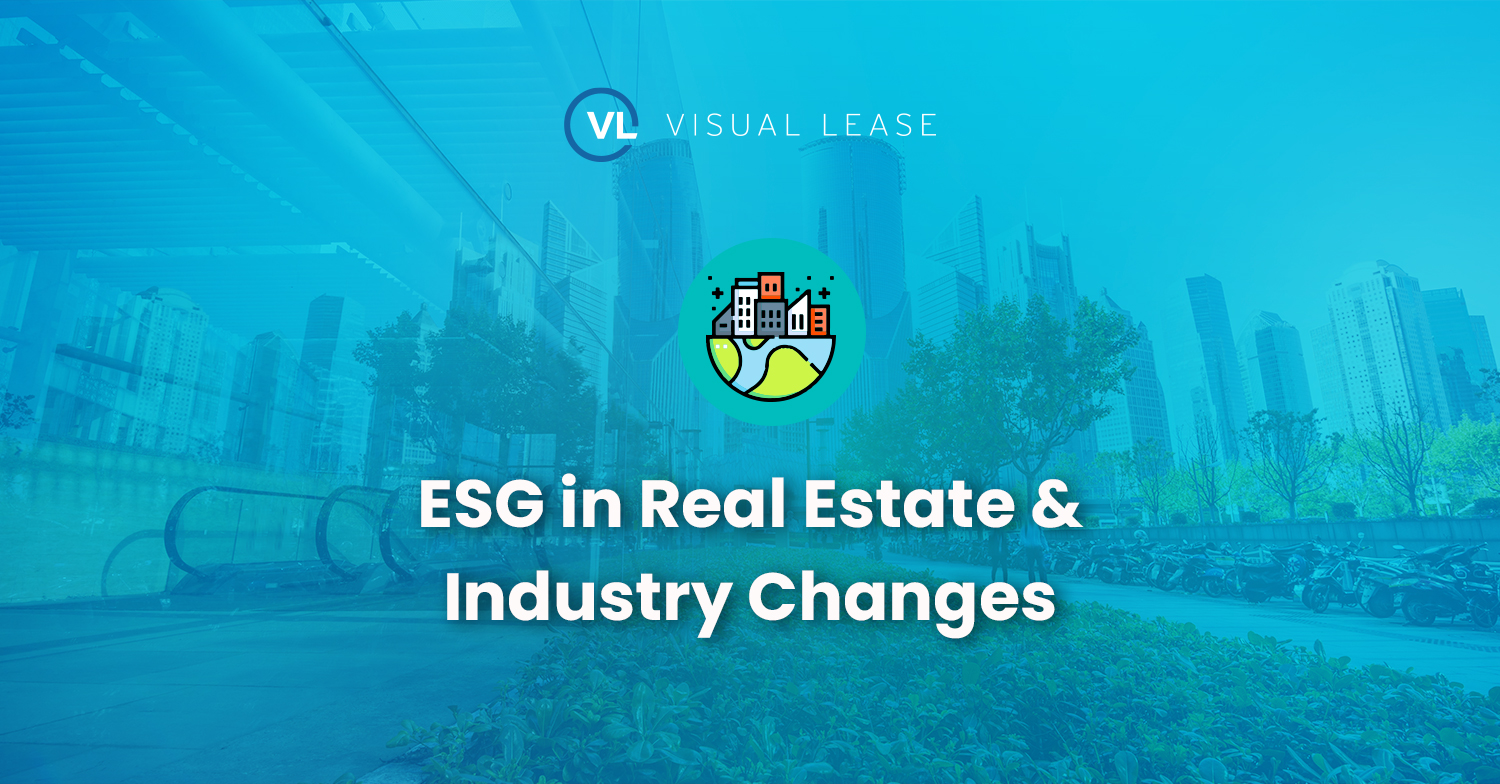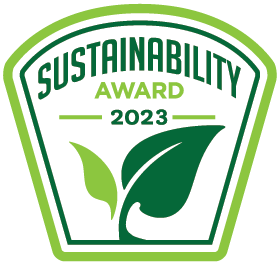
ESG and the Future of Real Estate: How Sustainability is Changing the Industry
The real estate industry is undergoing a significant transformation as sustainability becomes a top priority for investors and stakeholders. Environmental, social, and governance (ESG) factors are now being considered in real estate valuation, and investors are using ESG data to make informed decisions about asset performance. In this blog post, we will explore how sustainability is changing the real estate industry and what investors need to know about ESG.
What ESG Factors are being considered in real estate valuation?
ESG is gaining importance among capital providers, and investors are using ESG data to evaluate the sustainability of real estate assets. ESG factors such as energy efficiency, water conservation, and waste reduction are now being considered in real estate valuation, and buildings that meet sustainability standards are more attractive to investors.
- Energy efficiency: Investors are looking for energy-efficient buildings with low carbon footprints. This includes buildings with efficient HVAC systems, LED lighting, and renewable energy sources.
- Water conservation: Investors are also looking for buildings that conserve water and have efficient water management systems. This includes buildings with low-flow fixtures, rainwater harvesting systems, and water-efficient landscaping.
- Waste reduction: Investors are looking for buildings that have effective waste management systems and reduce waste through recycling and composting.
- Social impact: Investors are looking for buildings that have a positive social impact on the community. This includes buildings that provide affordable housing, support local businesses, and promote diversity and inclusion.
- Governance: Investors are looking for buildings that have strong governance structures and ethical leadership. This includes buildings that have transparent reporting, strong risk management, and effective stakeholder engagement.
ESG is becoming a material risk and opportunity for real estate investors and other stakeholders. As climate change and other sustainability issues become more pressing, investors are looking for ways to future-proof their assets against shocks and disruptions. This means that real estate managers must take a proactive approach to sustainability and change their assets to meet ESG standards.
How is ESG driving innovation in the real estate industry?
Developers and investors are exploring new technologies and strategies to reduce the environmental impact of buildings and improve their sustainability. Here are the top 5 ESG-related technologies becoming more common in new real estate developments.
- Solar panels: Solar panels are a popular way to generate renewable energy and reduce a building’s carbon footprint. They can be installed on rooftops or as standalone structures and can provide a significant portion of a building’s energy needs.
- Efficient lighting: LED lighting is becoming more common in real estate developments as it is more energy-efficient than traditional lighting. Smart lighting systems can also be used to optimize energy use and reduce waste.
- Insulation: Proper insulation is essential for reducing energy consumption and improving a building’s energy efficiency. Insulation materials such as spray foam, cellulose, and fiberglass can be used to reduce heat loss and improve indoor air quality.
- Smart technology: Smart technology can be used to optimize energy use and reduce waste. For example, smart thermostats can be used to regulate heating and cooling systems, while smart sensors can be used to monitor energy use and identify areas for improvement.
- Tankless water heaters: Tankless water heaters are becoming more common in real estate developments as they are more energy-efficient than traditional water heaters. They can provide hot water on demand and reduce energy consumption by up to 30%.
What are the benefits of embracing ESG in real estate?
According to the US Green Building Council, green buildings cost 2% more to build on average, but they save 14% to 19% in operational expenditures. This means that while the upfront costs of green technology may be higher, the lifetime savings can be significant.
Energy-efficient systems can help reduce utility bills, while sustainable features can increase a building’s resale value. In fact, building owners are seeing a 10% or greater increase in property value after investing in green buildings. Additionally, sustainable real estate investments have been shown to outperform traditional real estate investments in terms of risk-adjusted returns.
If you’re looking for a solution to track ESG reporting across your real estate portfolio, check out VL’s ESG Steward.























